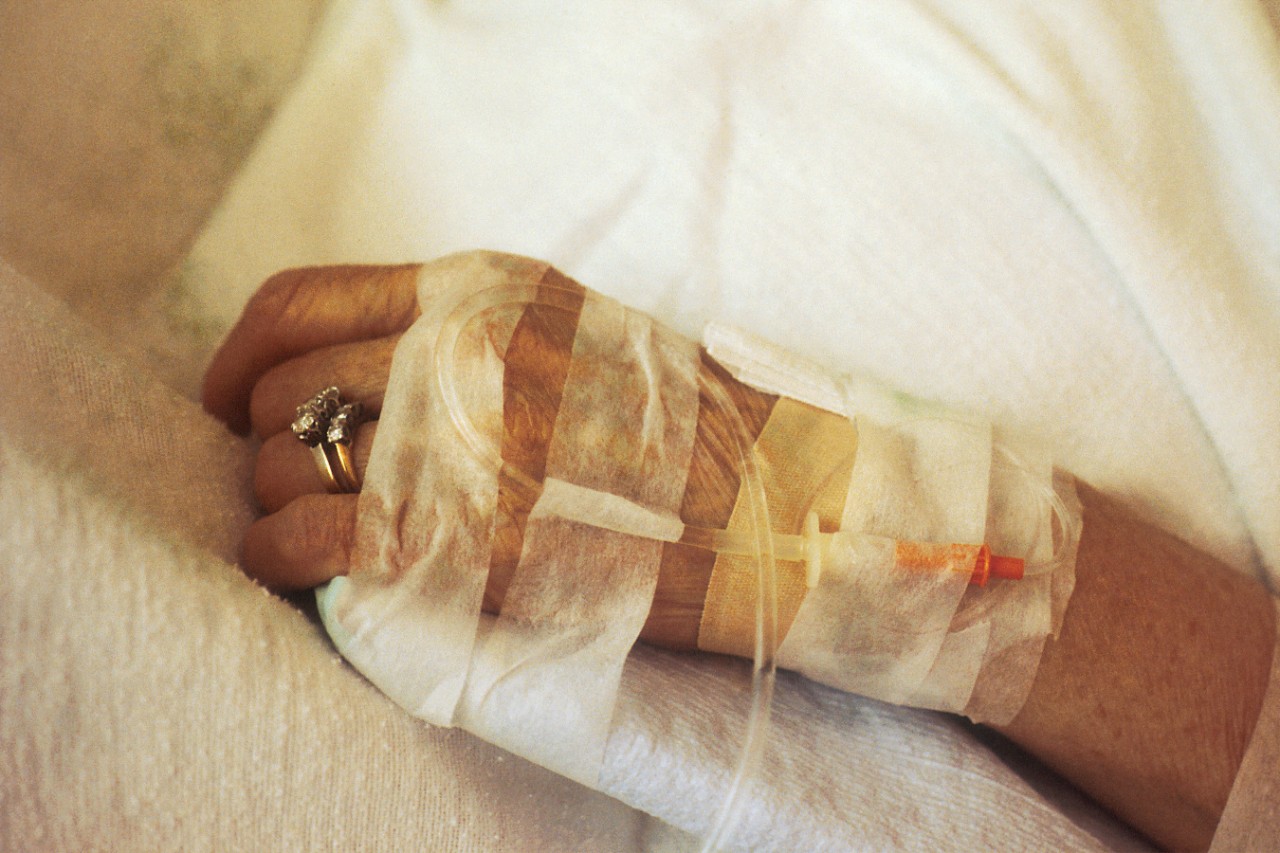
WVXU: Certain cancer treatments & COVID-19 could lead to death
Recent research shows combinations of treatments given at certain times could mean worse outcomes
A University of Cincinnati study found that cancer patients undergoing a combination of chemotherapy and immunotherapy one to three months prior to a COVID-19 diagnosis have a greater risk of death than patients who haven't undergone cancer treatment in the past year.
These findings were presented Saturday at the European Society for Medical Oncology Virtual Congress 2020.
Lead author Trisha Wise-Draper, MD, PhD, associate professor of medicine in the Division of Hematology and Oncology at UC, UC Health oncologist and member of the UC Cancer Center, and her team analyzed 3,600 patients from 122 institutions across the country for this study.
"Any way you slice it, this is not good news for patients who are fighting cancer," she says. "Targeted therapies, especially those causing immune cell depletion, used one to three months before (the diagnosis of COVID-19) are associated with very high mortality, up to 50%."
Photo of chemotherapy courtesy of the National Cancer Institute.
Next Lives Here
The University of Cincinnati is classified as a Research 1 institution by the Carnegie Commission and is ranked in the National Science Foundation's Top-35 public research universities. UC's graduate students and faculty investigate problems and innovate solutions with real-world impact. Next Lives Here.
Related Stories
Love it or raze it?
February 20, 2026
An architectural magazine covered the demolition of UC's Crosley Tower.
Social media linked to student loneliness
February 20, 2026
Inside Higher Education highlighted a new study by the University of Cincinnati that found that college students across the country who spent more time on social media reported feeling more loneliness.
Before the medals: The science behind training for freezing mountain air
February 19, 2026
From freezing temperatures to thin mountain air, University of Cincinnati exercise physiologist Christopher Kotarsky, PhD, explained how cold and altitude impact Olympic performance in a recent WLWT-TV/Ch. 5 news report.
